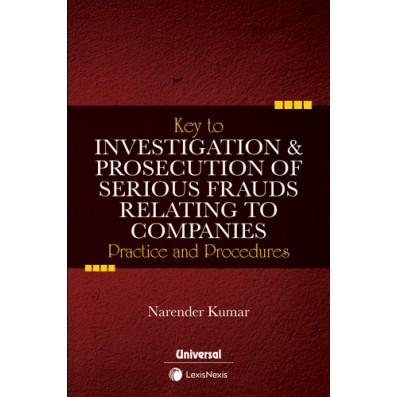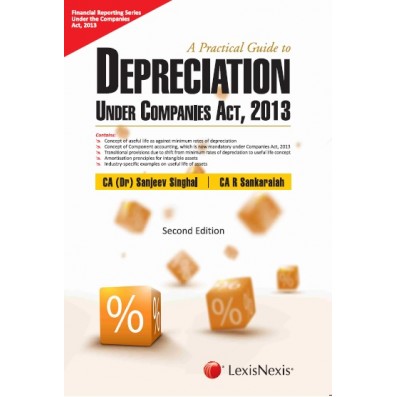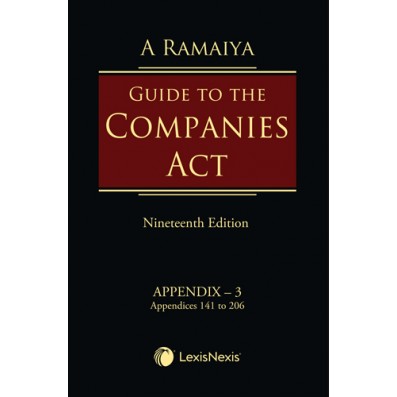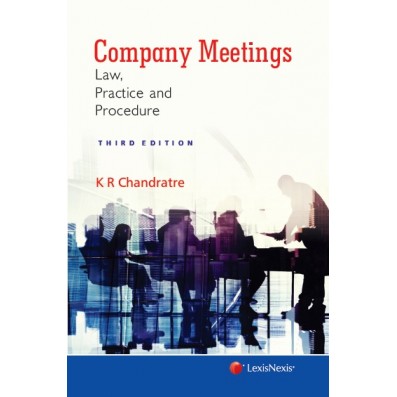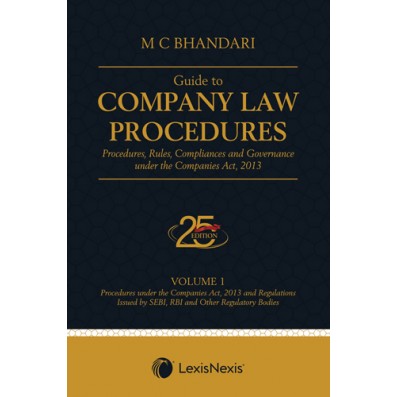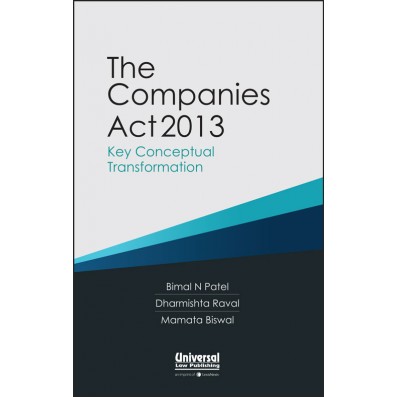Online Law Book Store in India | Law Books Shopping in Delhi
Featured Products
Key to Investigation & Prosecution of Serious Frauds Relating to CompaniesPractice & Procedures
₹382.50
M.R.P.:₹ 450.00
You Save: ₹67.50 (15.00% OFF)
A Practical Guide to Depreciation Under Companies Act, 2013
₹485.10
M.R.P.:₹ 495.00
You Save: ₹9.90 (2.00% OFF)
Guide to the Companies Act, 2013: Box 2 containing Set of Appendix - 3, 4, 5 & 6 + 1 Consolidated Table of Cases & Subject Index and Additional
₹7,125.00
M.R.P.:₹ 9,500.00
You Save: ₹2,375.00 (25.00% OFF)
Company Meetings: Law, Practice and Procedure
₹796.00
M.R.P.:₹ 995.00
You Save: ₹199.00 (20.00% OFF)
Guide to Company Law Procedures- Procedures, Rules, Compliances and Governance under the Companies Act, 2013
₹9,986.30
M.R.P.:₹ 13,495.00
You Save: ₹3,508.70 (26.00% OFF)
A Professional’s Guide to FEMA– Practice and Procedure in Q&A format
₹1,036.00
M.R.P.:₹ 1,295.00
You Save: ₹259.00 (20.00% OFF)
The Companies Act, 2013- Key Conceptual Transformation
₹441.00
M.R.P.:₹ 450.00
You Save: ₹9.00 (2.00% OFF)


